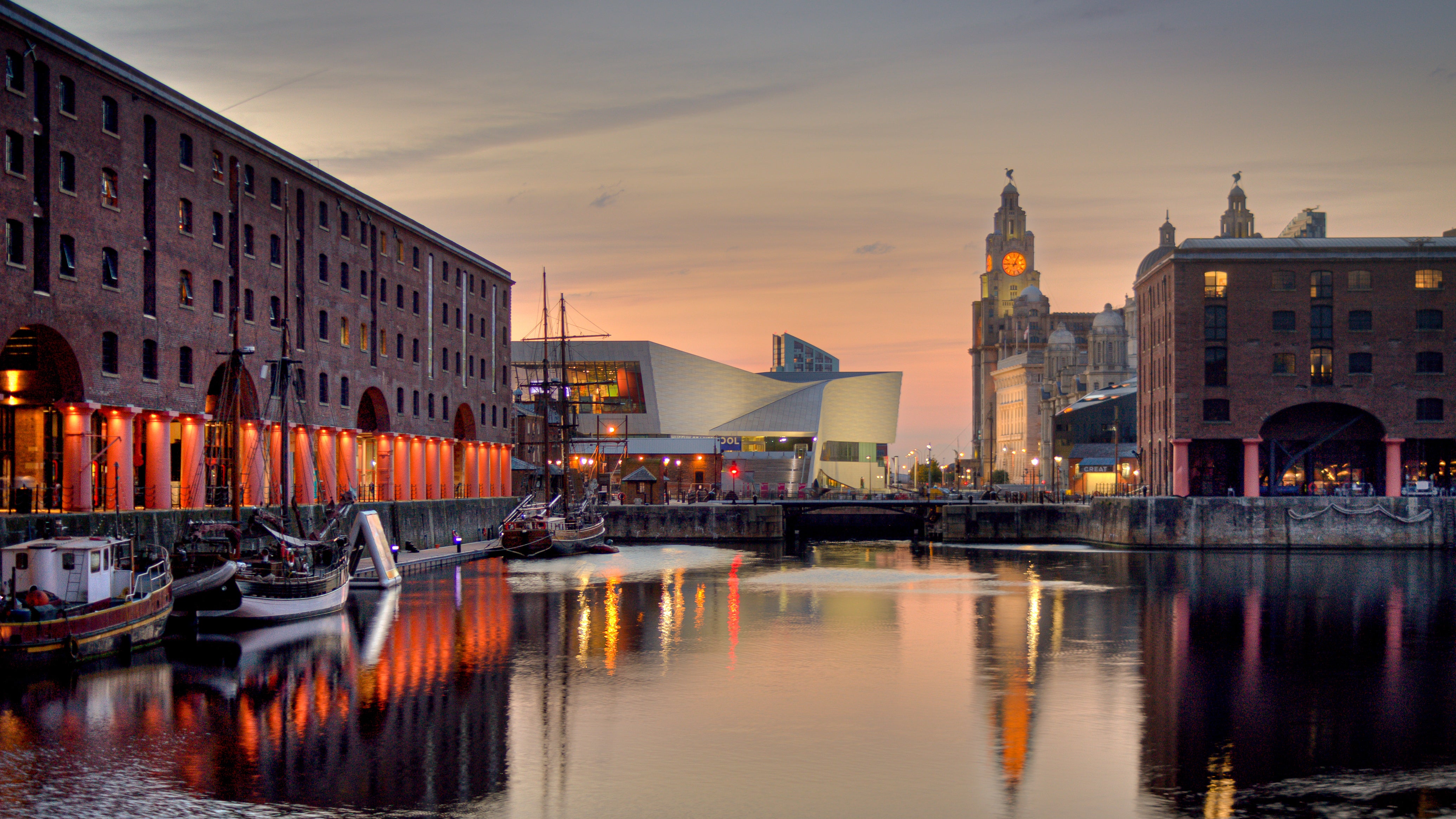Liverpool Calling: how this progressive city is harnessing the power of connected communities

Liverpool has always been a pioneering place. In the 18th Century, it was the site of the world’s first commercial wet dock. In the 19th Century, it was one end of the world’s maiden passenger railway. And in the 20th Century, young Liverpudlians pretty much invented British youth culture.
Today, Liverpool is still looking to the future. £5 billion is being spent to regenerate the city’s northern docks into five dynamic new neighbourhoods. The waters of Liverpool Bay are home to 270 turbines, the world’s second-largest concentration of offshore wind. And on the other side of the Mersey, just south of the city, there’s Vauxhall’s Ellesmere Port plant, which, following a £100 million investment, has become the UK’s first ever all-electric car plant, where the famous British brand produces the Vauxhall Combo Electric, a cutting edge all-purpose van that runs on a 50kWh lithium battery.
This investment plan not only contributes to progressing the UK’s green agenda, it also secures thousands of jobs at the Ellesmere Port plant and in the supply chain across the UK.
As well producing the vehicles of the future, the plant itself has been reimagined by Vauxhall, who aim to half their carbon footprint by 2030. This will dramatically shrink the footprint of the site, and Vauxhall are already working towards running the plant on solar and wind power.
But despite Liverpool’s proximity to this powerhouse of electric vehicle engineering, when it comes to on-street EV charging points, the city itself has just 450 charging points compared to more than 18,000 in London.
With 40 per cent of households in the UK not having off-street parking, this chronic lack of charging points is delaying the take up of electric vehicles, which need to be rapidly adopted if Britain is to meet our essential targets when it comes to combating climate change and reducing air pollution in our towns and cities.
The likeliest way to do something about this will be for Liverpool’s communities to do what they have always done: draw upon the city’s rich history of collective action and work together for the good of their neighbourhoods.
In the first instance, this might mean joining the Electric Streets Campaign, Vauxhall’s new initiative to help electrify Britain’s communities. Working with charge point operators and local councils, Vauxhall is aiming to accelerate the installation of on-street residential charging in Liverpool and the country’s other poorly served areas.
By conducting a huge nationwide survey on current and future demand for electric vehicles, Vauxhall will be able to help councils make informed investment decisions, which are vital if, as a nation, we’re going to create the kind of reliable and accessible charging network that we will need when the sale of new petrol and diesel cars and vans ends in 2035.
So, whether you live in Liverpool or Luton, Loughborough or Llanelli, if you drive an electric vehicle or are considering making the switch to electric, Vauxhall wants to hear from you. By filling in their simple form, you can highlight the demand for residential charging on your street and help put Britain in the fast lane on the road to electrification.
Register your charging needs below, or visit electricstreets.co.uk for more information.


